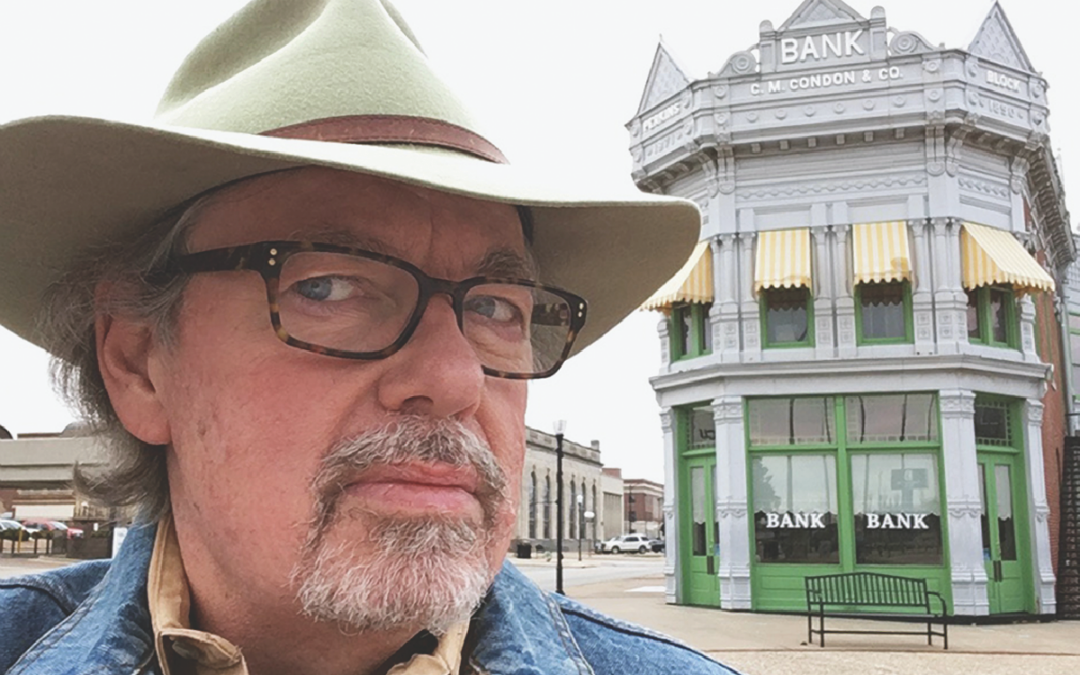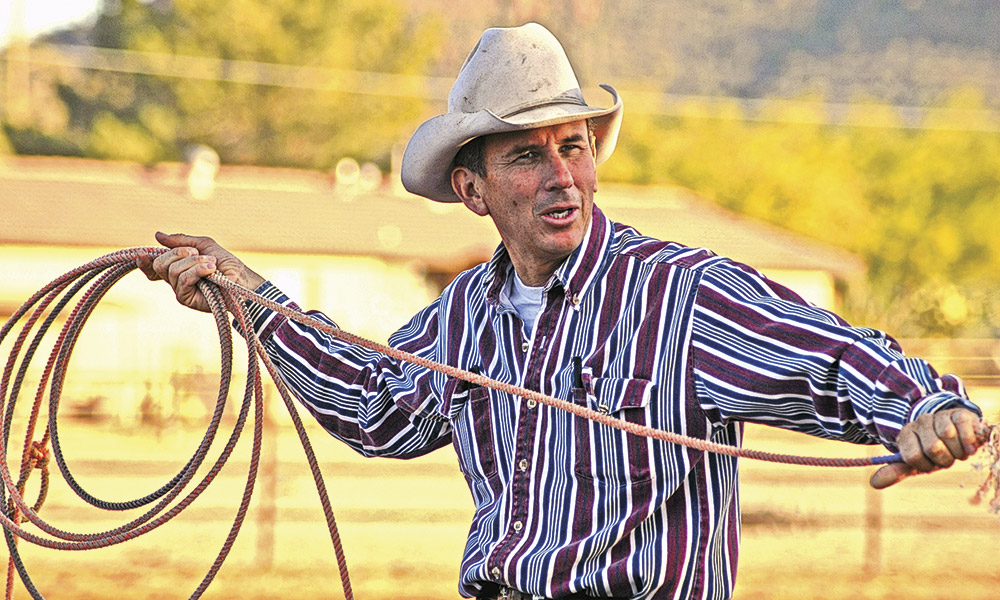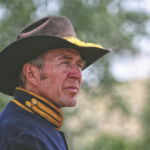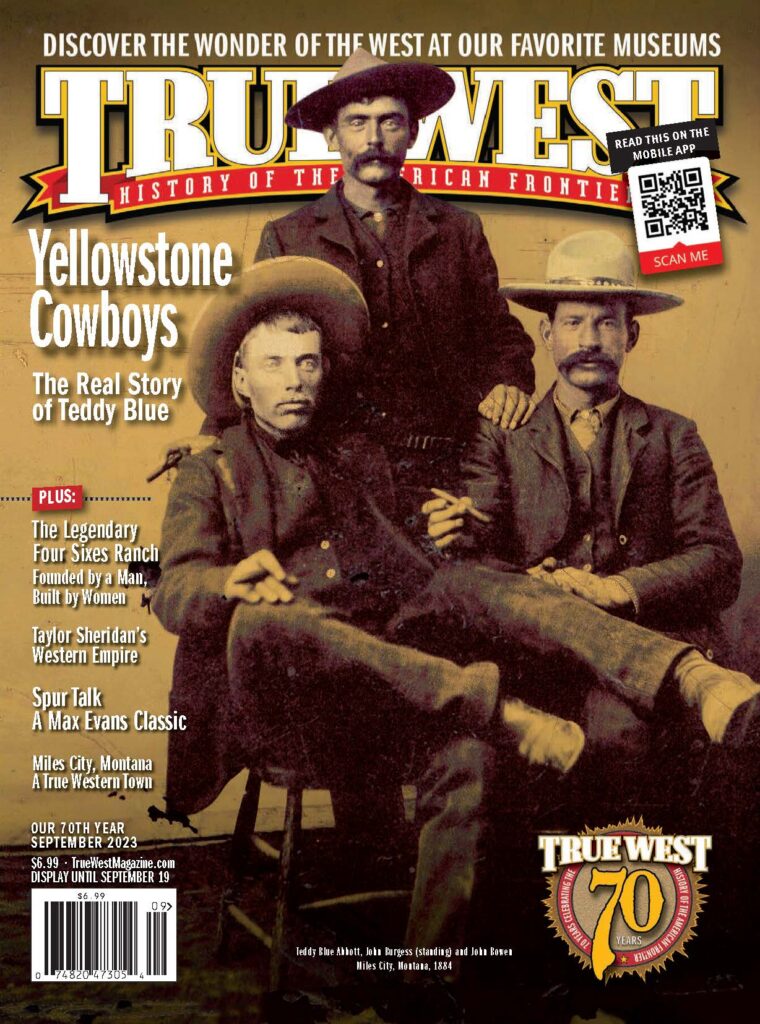Max McCoy is a Spur Award-winning author and executive director of the Western Writers of America.
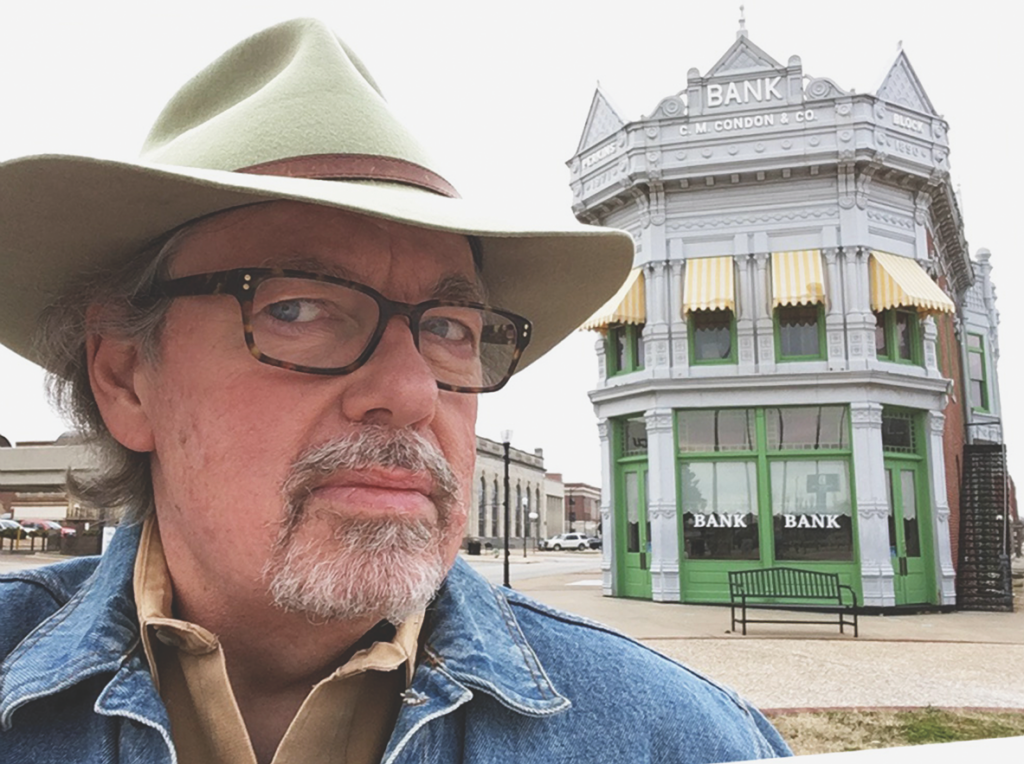
Max McCoy is a Spur Award-winning author and executive director of the Western Writers of America. He’s written more than 20 books, including four Indiana Jones novels for Lucasfilm and the novelization of Steven Spielberg’s epic miniseries Into the West. His most recent nonfiction title, Elevations: A Personal Exploration of the Arkansas River, won the National Outdoor Book Award. His latest novel is American Odyssey, a Western published by Kensington. He is currently at work on a historical novel set in 1876 on Western rivers.
I grew up within shouting distance of Route 66 in Baxter Springs, Kansas. I remember as a kid lying in bed on sleepless nights and listening to the whine of the cars and trucks on the highway and wondering where they were bound.
When you kayak a river it teaches you things you can’t learn any other way, both about the river and yourself. Sometimes it’s hard to tell where the river ends and you begin. And that’s the point.
The Ozarks are always with you. When I meet a stranger on the road I look to see if they cast a shadow. My dad’s family was from deep in the hills of Missouri, so it’s been as much a home to me as anywhere. If you want to understand the Ozarks, read Vance Randolph.
Route 66 winds like a river through my life. I’ve put countless miles on that road, all the way from St. Louis to Santa Monica and back. As a teenager I drag-raced on it outside Baxter Springs; later I dove the Blue Hole at Santa Rosa and stood on the corner in Winslow; and visited the ghost town of Two Guns, Arizona, with my editor Gary Goldstein to show him the setting for one of my novels, Canyon Diablo. Route 66 is to me what the Mississippi was to Mark Twain.
A good drink is any you share with friends you trust enough to sit with your back to the door.
A roadside diner should be chosen carefully. Everybody knows the advice about going where the truckers, or maybe the locals, eat. But I suggest you look for vintage neon signs. Even if the food’s lousy, the architecture will feed your soul.
Late at night is when I write fiction. There are too many interruptions during the day. When everybody else is asleep, that’s when my best work is done.
Writing Westerns is just as hard as writing anything else, at least if you care about writing. I don’t have much patience with the dabblers, those fence-sitters who always talk about writing but who do damn little of it. If you aspire to write Westerns, then you need to read everything of worth you can get your hands on, from Dorothy Johnson to Cormac McCarthy, and then approach the work as if it were life and death—which, of course, it is. And keep reminding yourself you’ll never be Johnson or McCarthy, but keep at it anyway.
Humor should be reserved for geniuses. Sadly, I only manage it unintentionally.
An author I’m glad I met was Richard Matheson. His television stuff was a favorite of mine as a kid—Duel, The Night Stalker. We ended up on a panel together at a Western Writers of America convention where we were both getting awards, and I confided to him how important his work was to me. The old saying is don’t meet your heroes, but Matheson was modest and kind and wise.
A good guitar is one that inspires you to be a better person than you are now.
What history has taught me is that technology is no substitute for knowledge. While devices get faster and cheaper, it doesn’t change human nature. The best of what we can be—or the worst of what we can become—is determined by whether we choose to learn what history can teach us. And the best of what I’ve learned from history is in books. If I can recommend just one title, it would be The War Prayer by Mark Twain.

